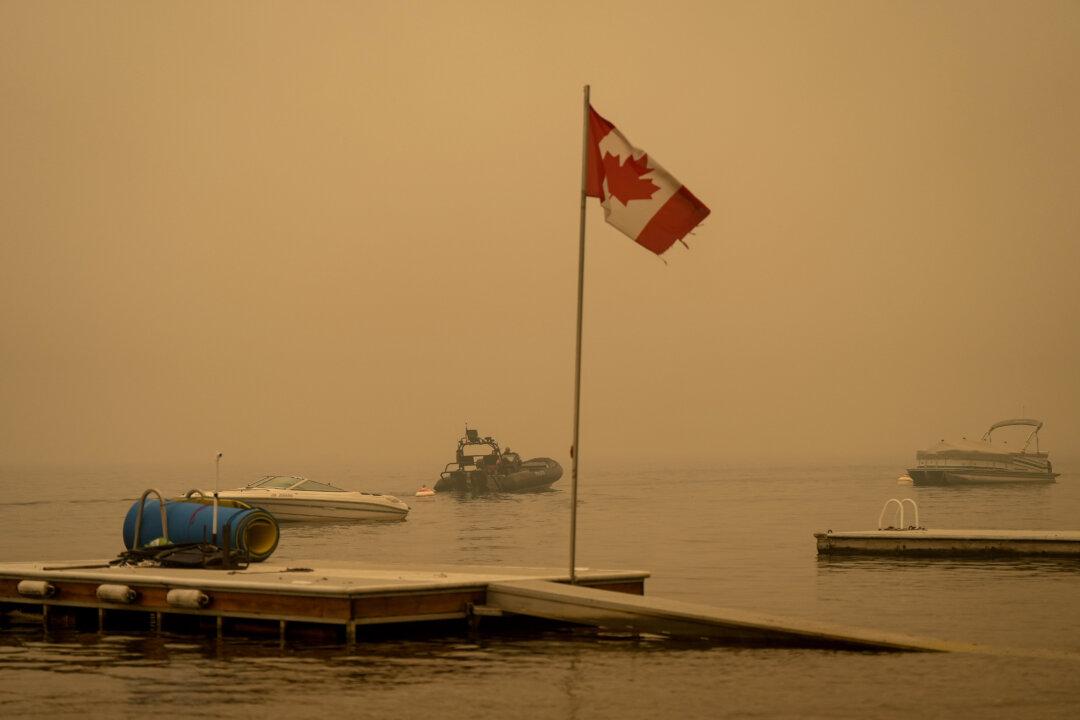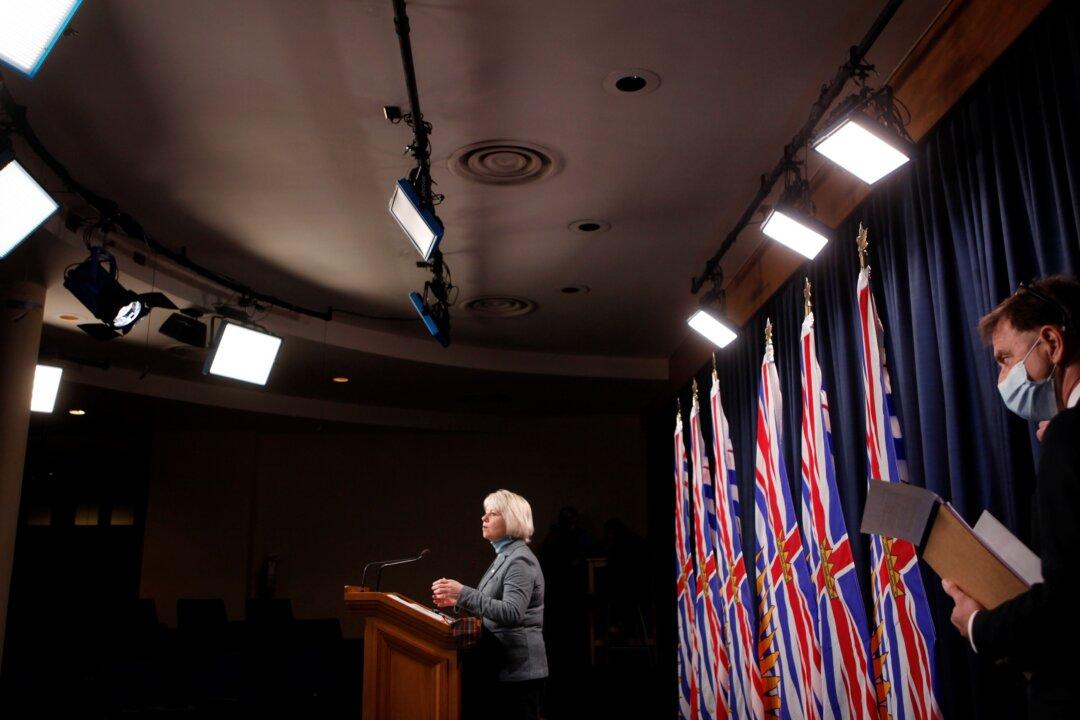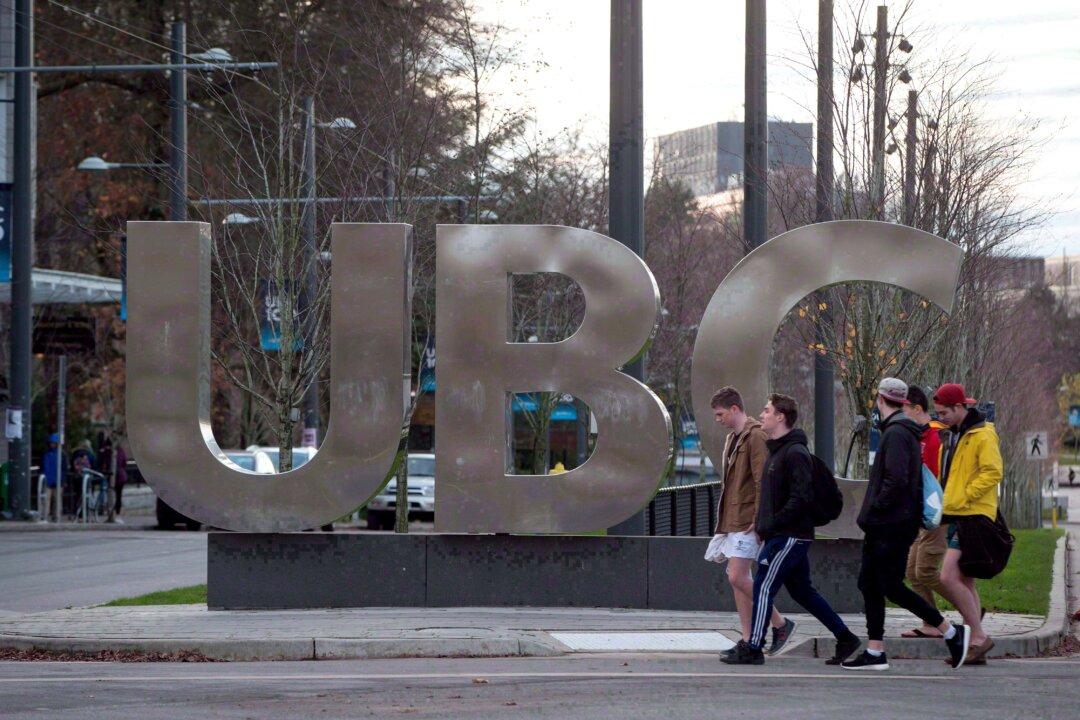Commentary
B.C. Forests Minister Bruce Ralston, Environment Minister George Heyman, and Public Safety Minister Mike Farnworth need to be aware that help is urgently needed for residents in Celista and the surrounding area of the Shuswap Lake region for:
- timely firefighting help;
- access to fire hydrant water for firefighting;
- land and water access to necessaries, including food, water and fuel;
- adequate prior notification when Forestry or Firefighting personnel set fires in the area;
- notification to affected people when fires threaten lands and residences.
- freedom for the residents--those who stayed behind--to move about as needed, to help one another, to allow them to get supplies and machinery where and when needed to put out the remaining fires.
- a thorough investigation into who gave the order for the back burn on a day when high winds were predicted; who gave the order that essentially prohibits residents from helping other residents to fight the fires; who gave the orders for police to block supplies.






